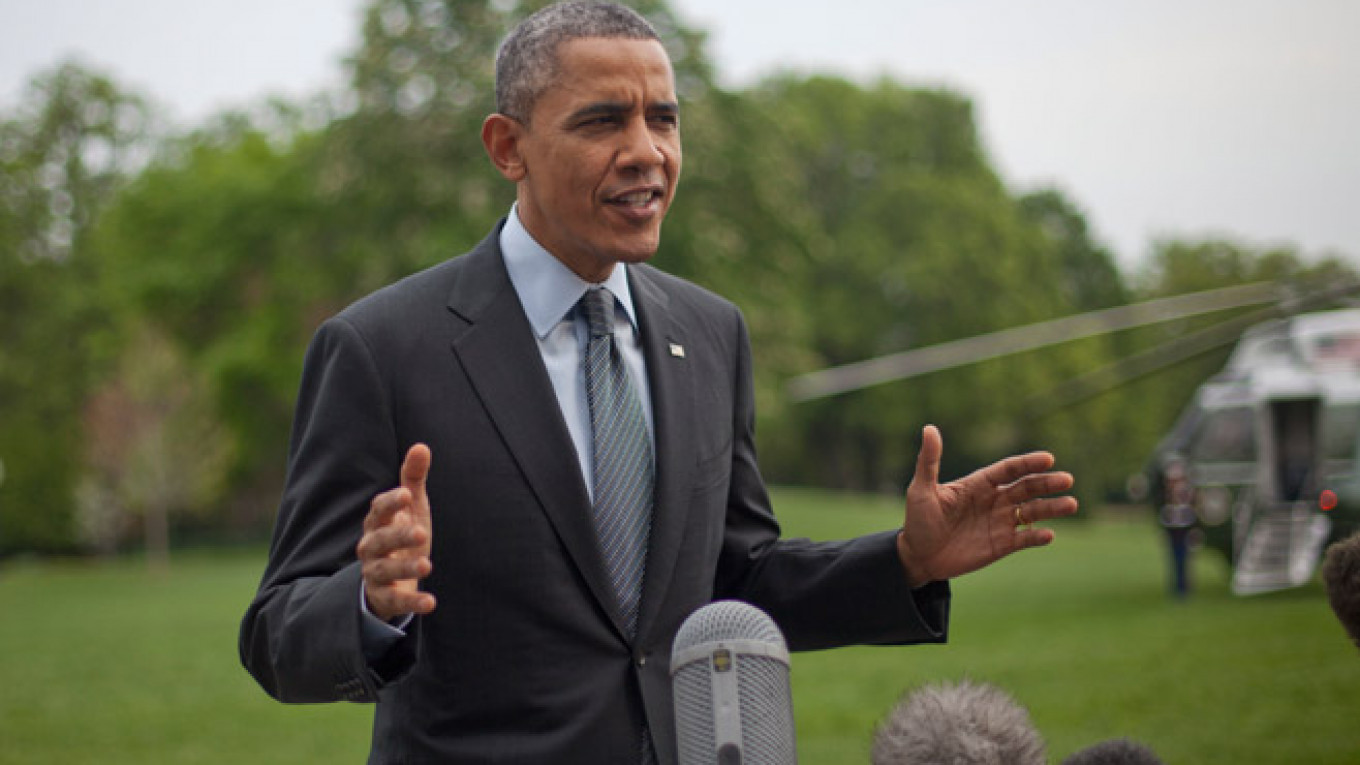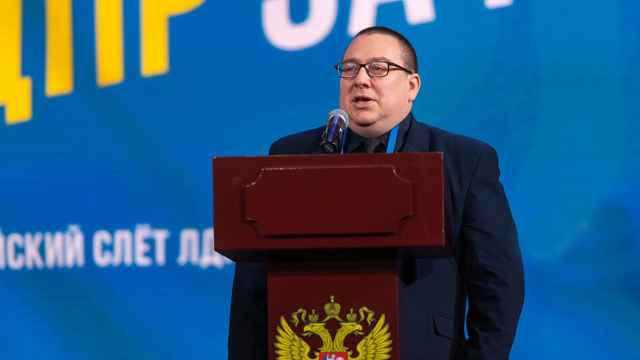The U.S. will call off some $544 million in trade benefits by excluding Russia from the Generalized Preferential System, or GSP, which reduced import rates for developing states in order to boost their economy by trade, Vedomosti reported Thursday.
U.S. President Barack Obama informed Congress about the plan to remove these trade concessions on Wednesday last week, saying that Russia's economy is developed enough to pay the full rate of taxes on goods exported to the U.S. In 2012 Russia received $544 million in tax breaks on different products within the GSP program.
U.S. National Security Council spokesperson Caitlin Hayden said that removing Russia from the GSP system was connected with the statement made by the World Bank during the summer of 2013, which assigned Russia the status of a country with a "high level of income."
Initially the U.S. planned to cancel trade concessions for Russia from Jan. 1, 2016. However, "Russia's actions regarding Ukraine, while not directly related to the president's decisions regarding Russia's eligibility for GSP benefits, make it particularly appropriate to take this step now," said Caitlin Hayden, the AP reported.
In the meantime, Russia's Economic Development Ministry said that the removal of Russia from the Generalized Preferential System will not have a great impact on Russian exports to the U.S.
"The GSP program does not bring any more particular benefits to the Russian export as a whole or to specific producers," a spokesperson from the Ministry of Economic Development told Itar-Tass.
The ministry's press office added that the preferential system is beneficial for the U.S. as well, as it allows local companies to buy products from abroad at low prices. The Economic Development Ministry also noted that the GSP system usually includes goods which are either in deficit or do not exist in the U.S.
A government official from the Russian Trade Promotion Office told RIA Novosti that it was highly unlikely that Russia will stop exporting specific goods to the U.S. after the removal of trade benefits, as the country will still keep its competitive advantages in a number of trade areas, especially in the field of primary resources and metals.
Contact the author at diana.kulchitskaya@gmail.com
A Message from The Moscow Times:
Dear readers,
We are facing unprecedented challenges. Russia's Prosecutor General's Office has designated The Moscow Times as an "undesirable" organization, criminalizing our work and putting our staff at risk of prosecution. This follows our earlier unjust labeling as a "foreign agent."
These actions are direct attempts to silence independent journalism in Russia. The authorities claim our work "discredits the decisions of the Russian leadership." We see things differently: we strive to provide accurate, unbiased reporting on Russia.
We, the journalists of The Moscow Times, refuse to be silenced. But to continue our work, we need your help.
Your support, no matter how small, makes a world of difference. If you can, please support us monthly starting from just $2. It's quick to set up, and every contribution makes a significant impact.
By supporting The Moscow Times, you're defending open, independent journalism in the face of repression. Thank you for standing with us.
Remind me later.






